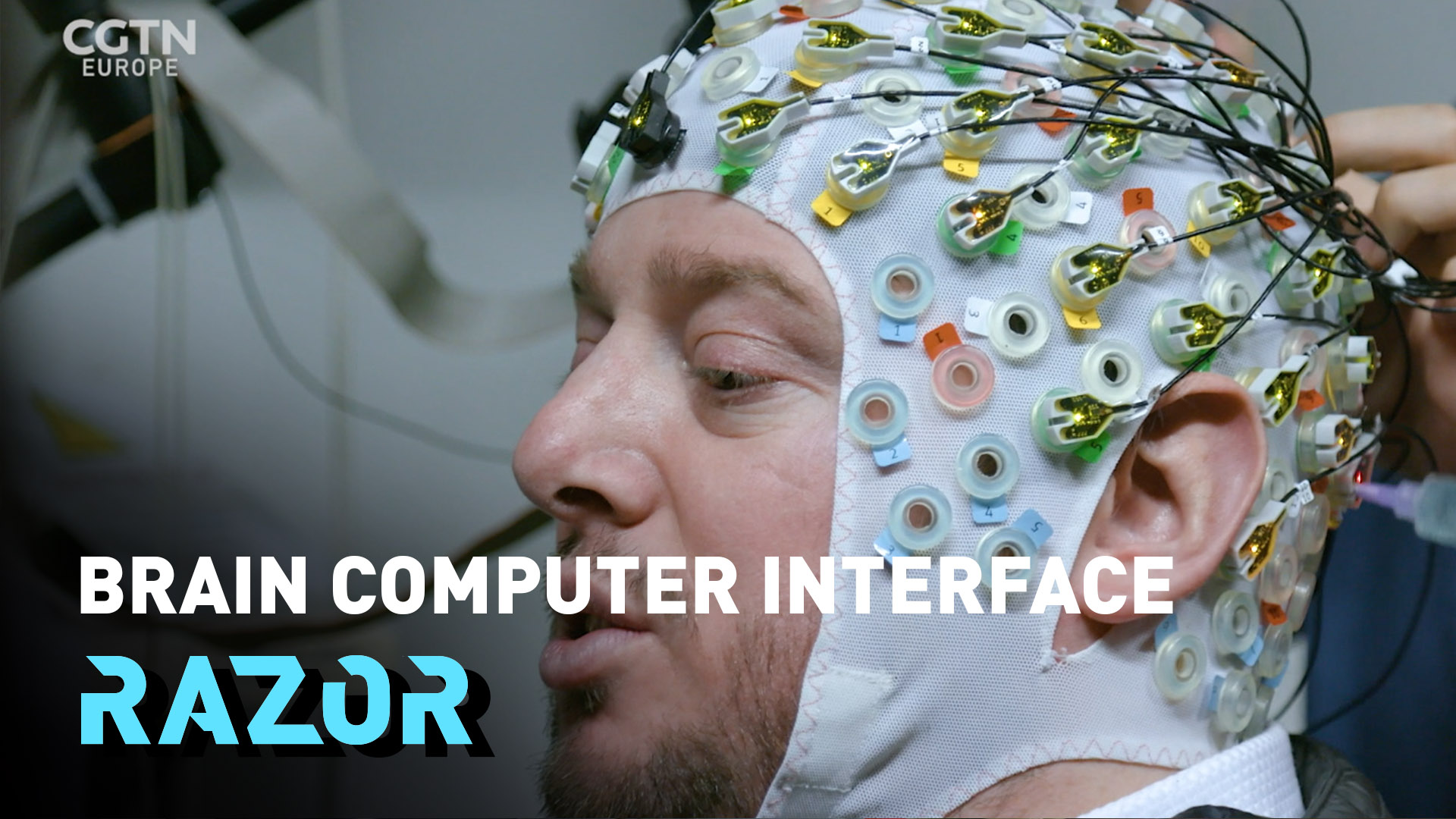
[ad_1]
At the brain and behaviour lab at Imperial College London scientists are decoding brain signals, effectively allowing people to control devices with their minds. The human brain is made up of about 86 billion neurons or nerve cells, which are largely responsible for the way we think, feel and act.
Paralysis is often a result of spinal cord injuries, which prevents messages from the brain being sent to the rest of the body. And in some severe cases that can be no physical movement from the neck downwards.
Dr. Aldo Faisal and his team study machine learning systems and biological brains and how they can both learn from one another. Shini Somara meets Pablo Ortega San Miguel and the team working on developing the brain computer interface technology who will be competing at the world championship of Robotic Systems for people with disabilities, or Cybathlon. Scientists team up with ‘pilots’, people with real disabilities who test and advance their new technology.
[ad_2]
Source link
